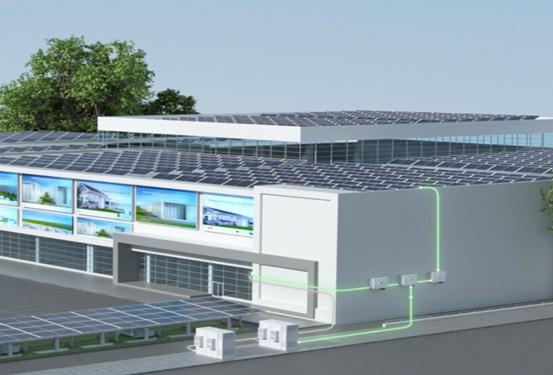As the world continues its shift towards
sustainable energy sources, the demand for solar panels has seen a notable
surge. South Africa, with its abundant sunlight and a growing interest in renewable
energy, finds itself at the crossroads of this global transition. However, a
pertinent question looms: Is there a shortage of solar panels in South Africa?
The Surge in
Solar Demand: A Global Phenomenon
While the enthusiasm for solar energy is
commendable, South Africa faces challenges in matching the surging demand with
a seamless supply of solar panels. Several factors contribute to the
complexities of the solar panel market in the region:

1. Supply Chain
Disruptions:
The solar industry, like many others, has
not been immune to the disruptions caused by global events. Supply chain
interruptions, exacerbated by the COVID-19 pandemic, have impacted the
production and distribution of solar panels, leading to delays and shortages.
2. Import
Dependencies:
South Africa heavily relies on imported
solar panels, and any disruptions in the global supply chain can directly
impact the availability of panels in the country. Currency fluctuations,
shipping delays, and geopolitical factors can contribute to uncertainties in
the import process.
3. Policy and
Regulatory Challenges:
The solar energy sector in South Africa is
influenced by government policies and regulations. Delays or uncertainties in
policy frameworks can affect investment confidence and, consequently, the
availability of solar panels.
Several
strategies can be explored to mitigate the solar panel shortage in South
Africa:
1. Local
Manufacturing Initiatives:
Encouraging and supporting local
manufacturing of solar panels can enhance domestic production capacity. This
not only reduces dependency on imports but also stimulates the economy by
creating jobs and fostering technological innovation. That is why HUAWEI Power
provides solar distributors south africa.
2. Investment
in Research and Development:
Increased investment in research and
development can lead to advancements in solar technology, making the
manufacturing process more efficient and cost-effective. This, in turn, can
contribute to a more robust and sustainable solar industry in South Africa.
3. Streamlining
Import Processes:
Efforts to streamline and optimize the
import processes for solar panels can help reduce delays and uncertainties.
This may involve collaborating with international partners, negotiating
favorable trade agreements, and implementing measures to ensure a smoother flow
of imported solar panels.
4. Policy
Stability and Incentives:
A stable policy environment and attractive
incentives for solar projects can instill confidence in investors and
manufacturers. Clear and consistent policies provide a foundation for long-term
planning and investment, ultimately contributing to a more stable supply of
solar panels.
Conclusion
In conclusion, the question of whether
there is a shortage of solar panels in South Africa is nuanced, with global
dynamics and local challenges at play. By adopting strategic solutions and
fostering collaboration, South Africa can not only meet its growing demand for
solar panels but also position itself as a leader in the global transition
towards sustainable and renewable energy sources. The journey towards a
solar-powered future requires collective efforts, and South Africa has the
potential to harness its abundant sunlight for a brighter, cleaner, and more
sustainable energy landscape.



